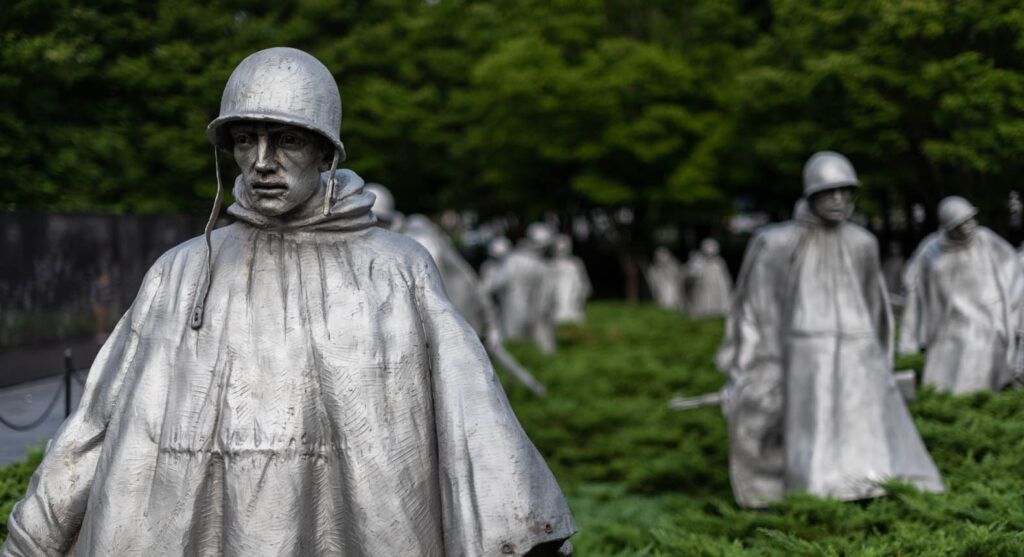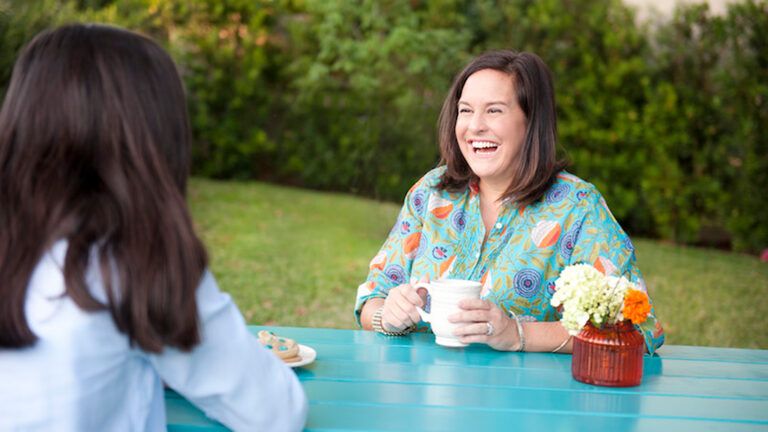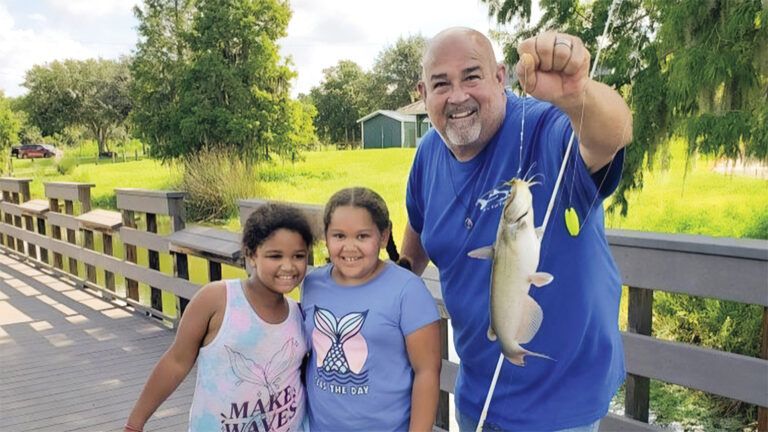“Oh, Jesus, help me! Jesus, help me!” On that 30 below-zero night in Korea, on November 30, 1950, agonizing cries to heaven were all I heard. China had suddenly gotten into the war, and 300,000 of their troops had brutally attacked my 2nd Infantry Division.
The Chinese completely surrounded our little unit of 138 men. When morning at long last dawned—on that coldest night in Korea’s past 100 years—there were only 12 of us still alive or who had not been captured.
I was one of them. My very best buddies, two brothers from back home in West Virginia, had been taken away. I had barely escaped.
We’d had to travel over the Kunu-ri mountain pass. I was charged with driving the Captain’s jeep on the all-weather road. Men were dying everywhere. They were screaming for help, but there was no way to help. I could feel something soft—the dead bodies of my comrades—as I drove over them on my mission.
I’d graduated high school in 1946, and after two years of college, I was bored. A popular ad at the time caught my attention: “Join the Army and see the world!” It sounded interesting. Fun, even. There were no wars or anything going on. So I signed up and went to basic training. After the war broke out on June 30, 1950, we were the first ones to leave the states for Korea.
When we arrived, the North Koreans had already taken just about all of South Korea. Barely one day after we got off the ship, we were on the front lines. Despite the hot, hot weather, we were successful in starting to drive the North Koreans back. We took Seoul, the capitol, and went into North Korea. By that November, we were tired and freezing, and just waiting, thinking the war was over and we were going to get to go home in time for Christmas.
Until that brutal attack I would never, ever forget.
Ten months after the attack I finally returned home. It was September 1951, and all I thought about was that one horrific night. If you hadn’t gone on ahead of the others, Jim, you would have been captured too, like Cecil and Alva. Or killed on the spot like your good friend Al.
At night, I climbed the walls and had terrible nightmares that caused me to fall out of bed and walk in my sleep, sometimes wandering outside to who knows where. Finally, before going to bed, I zipped myself into a sleeping bag, so if I fell to the floor, I’d at least still stay warm. It sort of reminded me of the foxholes I padded with bundles of rice straw that I slept in back in Korea.
During the daytime, thoughts of my dead friends, or the ones who had been taken prisoner, tormented me. Always, I couldn’t get the sound of the agonizing cries to Jesus out of my mind.
There wasn’t a name for my mental suffering back then. Folks just called it “the war nerves.” I’d hear people talking about it in hushed voices. “That’s all in the past,” they’d say. “Those veterans need to just move on with their lives now.”
So I tried. And I prayed—a lot. Wherever I happened to be, I’d cry out to Him: “Lord, you know what I’m going through. Help me to cope with it and somehow live for you.”
I joined a local Baptist church and started working with the college-age kids, taking them fishing and on all-night camping trips. I eventually finished college, started teaching school, and married Phyllis.
All the locals wanted to know what it was like to fight in Korea. I had sent home film to my mother that she had processed into slides. Service organizations and churches asked if I might give presentations. One of my talks took me back to the Deep Water Baptist Church, where I’d given my life to Christ.
After I spoke, someone from the church cornered me and said: “We’re without a pastor, Jim. The way you speak from your heart was simply wonderful. We’d love it more than anything if you’d be our pastor.”
Me, lead a church, Lord? I prayed. I’d never even dreamed of such a thing. I had a new wife and a baby on the way. I knew absolutely nothing about being a pastor. I’d never even been to church much, let alone delivered sermons. But in my spirit, I felt God saying: I need you to serve me at Deep Water. Just take one step and then the next. I’ll show you what to do.
So that’s what I did. I was scared out of my wits, but the Lord helped me at every turn. Amazingly, the church membership more than doubled in the five years that I was their pastor.
As time went on, I got called to other churches as well. For six years, I taught school and pastored at the same time, often travelling. In one year, I held 13 two-week long revival meetings.
I was always busy. I remember a time in Beckley, West Virginia when I held four different funerals for four different families in a single day. As I comforted all those grieving people, my heart seemed to beat with real purpose. That night, as I drove home in my trusty old Chevrolet, I reflected. As draining as it had been, I’d loved giving of myself to those folks.
And you didn’t think of the war one time, Jim, I marveled.
When an old-time preacher told me: “Son, when you have problems in your life, pray—and saw wood, I took the message to heart and stayed busy. Whether I was leading a church in West Virginia, Iowa, Pennsylvania, or California, or hosting my local radio show, Songs in the Night, I filled my days visiting with parishioners, planning sermons, and counseling folks in crisis. Praying and staying busy helping others created an amazing circle of joy.
At personally stressful times, though, like when my sons were in harm’s way during their own military service , the horrible thoughts and nightmares returned—with a vengeance. For months, while my eldest son Buddy, a C130 Air Guard Pilot, was in Desert Storm “my war nerves” raged out of control. Day and night, I grieved for my fallen soldiers back in Korea, felt my jeep running over those bodies, smelled the nauseating stench of death. The same thing happened when my second son Brad was in danger in Kuwait.
Yet like always, I told no one about my tormenting thoughts, not even my family. I suffered in silence.
At one point Highlawn Baptist, in Huntington, West Virginia, sent me on a mission trip to the mountains of Korea. As I walked on the soil that had forever changed my life, I didn’t experience any traumatic memories or nightmares; in fact, I felt such adoration for those people. I also remembered my promise to God. And when I spoke at a cotton thread factory on the love Jesus had for them, over 200 women rose from their seats on the concrete floor to come forward and give their very lives to God.
Still, at other times, the unwelcome memories intruded. One of the worst periods occurred in 1998 when Phyllis and I were in a near-fatal car accident. A wheel and tire that flew through our windshield landed on her chest, causing her to massively hemorrhage.
“Oh, Jesus, help me!” Phyllis cried out before lapsing into unconsciousness.
Those words were all it took to transport me back to the war-ravaged mountains of Korea and that horrendous November night. In the warmth of our car, my body began to shake and my teeth rattle as if it were bitter cold. I thought I was going to vomit from the smell of dead soldiers that consumed our vehicle. For weeks after when I’d visit Phyllis in the hospital, fear consumed me.
I retired from full-time pastoring in 1994, but continued to speak and preach until about eight years ago. It was then that memories of the war came crashing in frequently. Isolated from people other than my immediate family—Phyllis, our sons Buddy and Brad, and our daughter Lisa—I became anxious, moody, depressed, and often couldn’t sleep.
I still had my radio show but by now I was in my late eighties and wondering what in the world an old fellow like me was doing on the airwaves.
One day, I went to the local VA to get some copies of my medical records; I had watched Saving Private Ryan on TV the night before. Perhaps it was the vivid war scenes that caused me to do something I’d never before done in public. I cried.
Actually, I began to sob uncontrollably. I cried as if I’d never grieved for Cecil and Alva and Al and all the others. Cried for the way I’d sheltered my heart from those I cared about in an attempt to shield all the pain of combat.
Then I looked up to see a young employee with long hair that looked like spun gold. She was smiling at me as if I were the only veteran there. I surprised myself by saying, “You have a friendly face. Could I talk with you for a moment?”
The kind lady motioned me over to a quiet corner where I poured out my whole story, how I’d been haunted by war memories I couldn’t drive from my mind no matter what I did. She nodded, understanding.
“For years I’ve been hearing a term called PTSD,” I said to her. “I’m wondering if that could be what’s wrong with me.”
The lady put into motion a series of referrals. Three months later, I finally learned exactly what had plagued me all these years: I was officially diagnosed with PTSD. There just hadn’t been a name for it way back then. When the letter came in the mail I felt validated. Someone finally understood. I met with a wonderful therapist who listened intently to my story and answered many of the questions I’d silently grappled with.
“You Korean veterans are the forgotten ones,” she said clasping my hand. We’re trying to change that here at the VA. Your era of soldiers had an unbelievably strong work ethic, Jim,” she explained. “You came home, put your hand to the plow, and didn’t talk about things because you thought that was what you were supposed to do.”
I hung on her every word. “In your case, you found both a career and a calling, one that fulfilled you and gave you a better way to live than to be eaten alive with PTSD,” she continued. “Your pain made you so much more attentive to the needs of others, better equipped to serve them. Being a soldier helped you understand so many human emotions. Fear. Loss. Isolation. Even love. Everything the war took from you, God fashioned into a strength. That’s why you’ve been so effective, Jim.”
“When you serve God through your work, Jim, you feel his pleasure. Maybe you need to keep hosting that radio show.”
I followed my therapist’s suggestion and continued my folksy program geared to being a lifeline for the lonely and the hurting. When November 30 rolled around, the anniversary of that horrible night in Korea, I began by playing Kate Smith singing God Bless America. Breathing a prayer for guidance, I found the courage to have a heart-to-heart chat with my listeners about my war experiences, as well as my PTSD diagnosis.
I didn’t know how my radio friends would take it but I soon found out. Cards, e-mails and phone calls poured in with words of affirmation and support. Some even called me a hero.
But the biggest surprise of all was a letter from the lady with the long golden hair at the VA hospital. “I suffer from PTSD, too,” she wrote. “Only I never served in a war. I was robbed and could have been killed. Try as I might, I couldn’t let go of things, couldn’t give it to God. But after hearing your story, I’ve decided: If Jim can do it, I can too. I know that’s why God had us come to know each other.”
I will serve you. When I made that promise to God back in 1950, I had no idea what I was vowing to do with my life. But he did. I believe he earmarked me to do a special work. His work. I’m not forgotten anymore.





